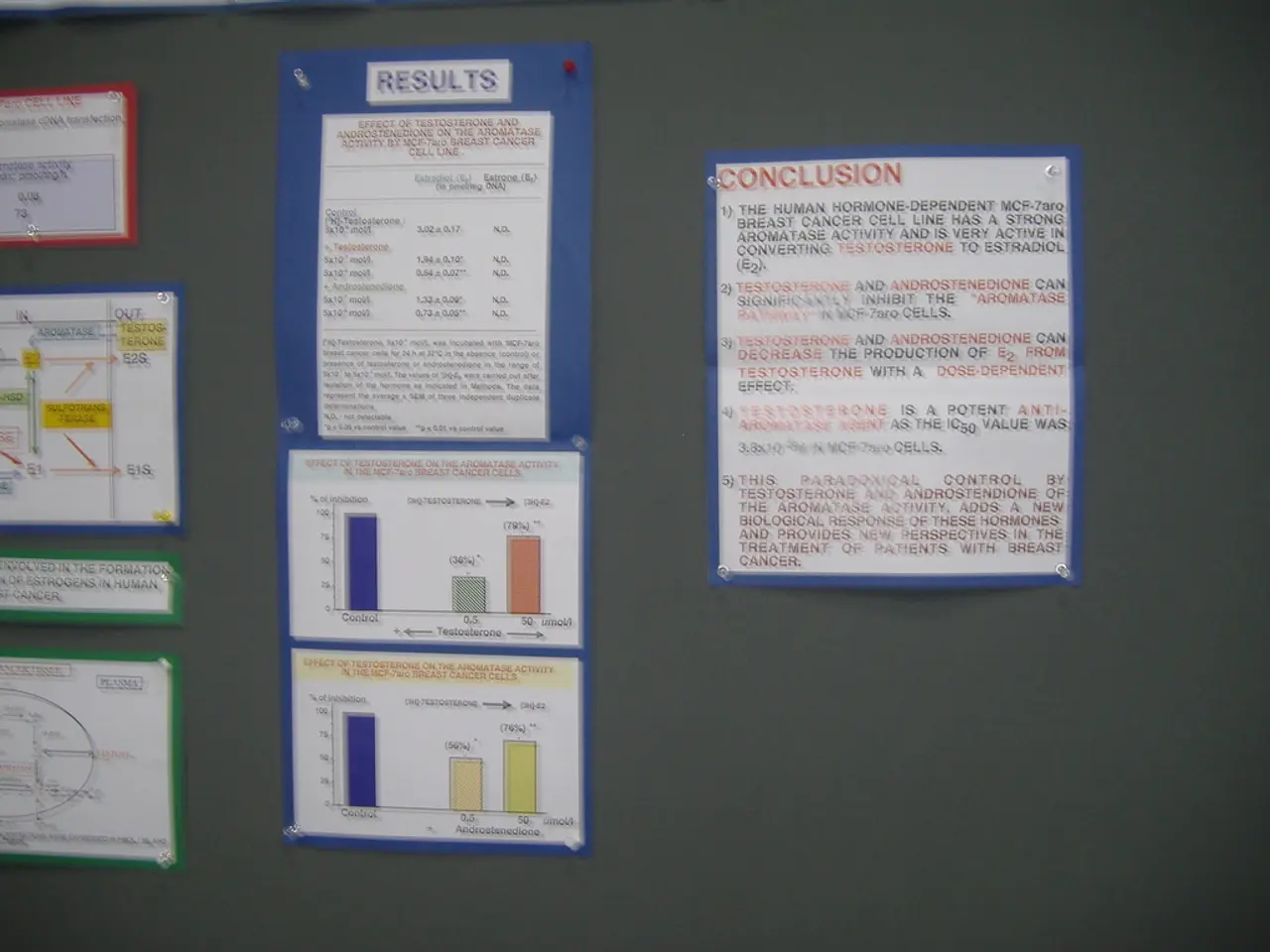Contract contention for Thyssenkrupp CEO's proposed terms - Contract Negotiation Controversy with Thyssenkrupp's CEO
Thyssenkrupp's turmoil over the CEO's contract extension emerges as a heated issue.
Jürgen Kerner, Thyssenkrupp's deputy chairman of the supervisory board and a powerful labor representative, has drawn a line in the sand against extending CEO Miguel López's contract. In a scathing editorial for "WirtschaftsWoche," Kerner declared, "Performance needs to be rewarded, but tangible results are yet to be seen in Thyssenkrupp's steel business, so there should be no premature contract extension for the CEO." The supervisory board is due to meet this Friday, with rumors suggesting that López's contract, expiring in May 2026, may be extended.
The meeting agenda also includes the planned spin-off of Thyssenkrupp's marine division. Thyssenkrupp's largest steel producer, expected to undergo drastic downsizing, is set to lose 5,000 of its 26,000 jobs, while another 6,000 will be spun off. The division's independence is on the horizon, with Czech energy company EPH, owned by entrepreneur Daniel Kretinsky, already holding a 20% stake. A 50:50 joint venture is in the works.
Kerner's Criticism Intensifies
Kerner, a second chairman of IG Metall, criticized these plans, stating, "There's no clarity about whether and to what extent the billion-dollar investor will invest in the future of the steel division after their entry." Instead, he advocated for a focused discussion on future financing. "Without this being clearly addressed, any spin-off, independence, or even capital market capability for the steel division will be doomed or lead to a quick exit," Kerner wrote further.
Against the backdrop of a billion-dollar subsidy from the federal and state governments for green steel production, Kerner rejected calls for state participation in the steel division. He argued for an alternative solution: a foundation designed to ensure steel supply for the greater good, free from profit expectations.
Strikes Threatened If Funding Concerns Remain
With labor representatives demanding tangible plans for the steel division's future and adequate funding, Kerner set red lines that must be met to avoid resistance, possibly culminating in strikes. This emphasizes the imperative of resolving the financing issue to ease labor relations and secure the steel unit's viability.
Although specific financing solutions for Thyssenkrupp Steel were not detailed, the ongoing dispute highlights the need for a viable investment plan and a credible path to restructuring or revitalization of the steel division. The company is also forging ahead with other strategic moves, such as the upcoming spin-off of its warship division TKMS, which may be part of broader efforts to stabilize and refinance its core businesses.
A Power Struggle Looms
The dispute between Thyssenkrupp's management and labor over the leadership and strategic financial direction, particularly concerning the vital steel business, is far from resolved. The clash intensifies as the futures of the company's CEO and critical steel division hang in the balance. The supervisory board's decision will have far-reaching implications for Thyssenkrupp's future trajectory. Stay tuned for updates on this developing story.
Jürgen Kerner's criticism extends to the employment policy within Thyssenkrupp, advocating for clear plans regarding the future of the steel division and adequate funding, or else strikes might ensue.
Furthermore, Kerner questions the industry partnership with EPH, suggesting that the finance policy and future investment in the steel business should be a key point of discussion, rather than simply focusing on the spin-off and independence of the division.




